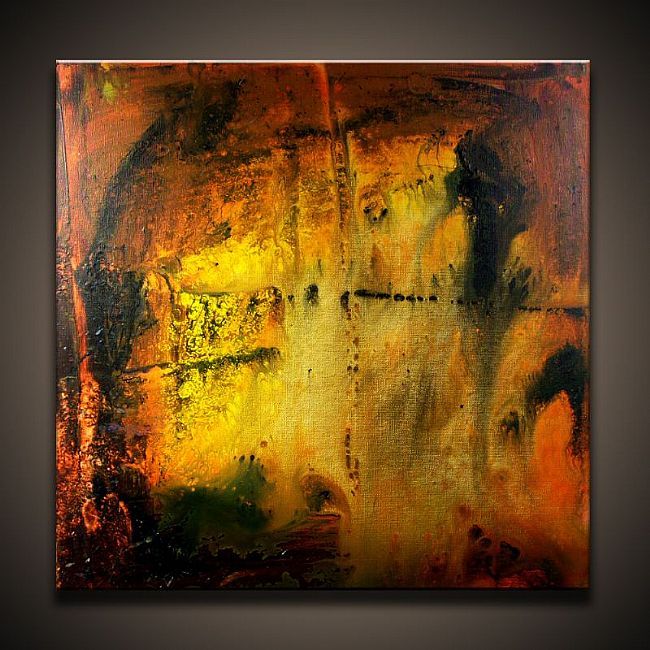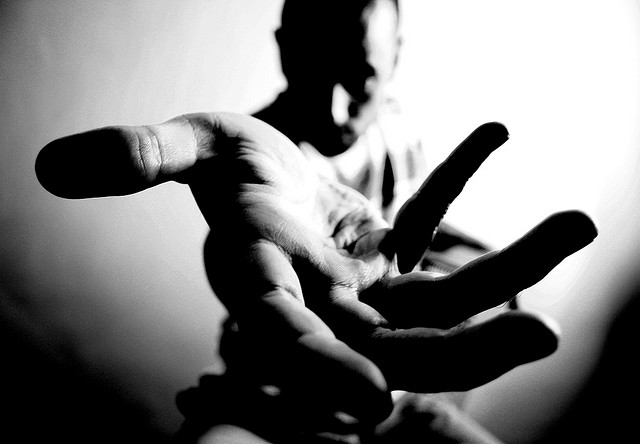Serendip is an independent site partnering with faculty at multiple colleges and universities around the world. Happy exploring!
Notes Towards Day 24 (Tues, Nov. 29): "The Other Hand"

"On the Other Hand," from a website of Self-Representing Artists
I. Meeting together in Anne's classroom,
to share relevant Thanksgiving stories-->
Black Friday Sales Show Divide Between Shoppers
Lifestyles of the Stealthily Wealthy
The Dwindling Power of a College Degree: no longer the guarantor of a middle-class existence
II. Coursekeeping (til noon)
* last round of conferences this week and next:
please come ready to discuss which of your already-written
papers you want to expand-and-revise for your final project
* for Thursday, please read Marian Dalke's pamphlet,
“For what(ever) It’$ Worth: Reflections, thoughts, and
suggestions on Class Privilege, Inheritance, and Inequity
from a young white woman of wealth" (Marian will join us for class).
* NO PAPER DUE THIS WEEKEND.
* By 8 p.m. Sunday night: 2 postings in our on-line forum,
* 1 responding to the diablog poll to be created by Parkway students this week
* 1 reflecting on the class dimensions of academic writing.
* By 5 p.m. THURSDAY A WEEK (Dec. 8): writing assignment # 11,
3 pp. (or equivalent) "de-classifying" your writing for this class, going beyond
the weekly 3-pp. papers you've been writing for Jody and Anne. What would you
like to say to the whole Bryn Mawr community --or to the whole world??--
about issues of class and education? What new format might you play with,
to say these things? (Marian's zine may give you some ideas here....)
Publish this on Serendip (details to follow....)
* next week there will be no additional reading, but you will need
to begin preparing for your final performances, which
we'll share, w/ pizza, 5-7 p.m. on Sunday, Dec. 11
(in the English House Lecture Hall): join with several other students
to prepare a 10-15 minute presentation reflecting on your experiences over
the semester, encouraging, in a provocative and entertaining way, further
exploration on the part of others in the class.
Take a moment now to jot down some notes --about forms or ideas--
and write this large on a piece of 8x11 paper--
get up, holding this to your chest, to talk to folks, hear, seed some ideas...
Do NOT make any commitments now!....
just share and gather information....
On Thursday, we'll ask you to let us know what groups you have formed,
so we can see how many we have = tell you how long each group will
have for its performance.
* after you've performed, in public, you need to do a more private reckoning,
by reviewing a checklist and preparing a final portfolio to send to Anne and Jody
questions about any of this??
III. Peeling off, by noon-@-the-latest, to BEGIN our discussion of
Chris Cleave's novel Little Bee/The Other Hand
"Watch the Other Hand"
Rae in our course forum: I seriously doubt we will be able to dedicate all the time needed to the novel. So I thought here was a good space to start. I both hated and loved Little Bee. I loved it for the simple fact that it was a great book, with compelling characters, and a subtle but important political message. Yet, I hated the book for the same reasons, it was so sad, so deep and profound, I feel like a weight has been added to my mind. I finished the book wondering if I was suppose to feel hopeful or desolate. Even though I finished it some days ago, I am still not sure if Little Bee, is a gritty story that offers hope or a hopeful story that has its gritty moments.
What was your initial experience of reading the book?
What are your after-thoughts now? (til 12:10)
Let's try to "get into" it through the characters-->
who is most important in this tale?
Who might we need to understand better?
(Put up one sheet of poster paper for each.)
Read through your marked copies of the book.
Have a silent discussion: get up and "fill in" each character,
w/ quotes, reactions to others' quotes, questions for/about each one... (til 12:20)
Now go to the "character" you want to discuss further (and do so!...til 12:30)
Return to the large group for the next stage in this "exponential" conversation.
Having thought about the world through the lens of one character in particular,
let's add the voices of Chris Cleave and Patricia Williams to the conversation (til 12:45).
Chris Cleave, The True Story Behind My New Novel:
The novel came out of a sense of my own complicity in some of the evils of the world.
I’d moved on from considering myself as an outraged – and blameless – observer ...
I realised that people like me are often part of the problem. I began to think about my life,
and how it is relatively easy, and how it is therefore relatively easy to ignore the suffering
of others. And since suffering is the rule rather than the exception in the world, it’s not an
easy moral question to duck as a writer. So I decided to address it directly, by imagining
the most striking example of someone who is dispossessed – Little Bee – coming to ask
for a help from someone – Sarah – who is a little bit more like me. I never plot my work
in advance, so I was very interested to discover how the moral ambiguities would play out....
After nearly two years with this project I realised that the strongest perspective would be
a dual one. This is a story of two worlds: the developed and the developing, and of the
mutual incomprehension that sometimes dooms them to antagonism. So by taking one woman
from each side of the divide, and investing each with a compulsion to understand the other, I was
able to let the story unpack itself in the mind of the reader. This was a huge breakthrough for me.
One shouldn’t underestimate the role of the reader in this novel. I wanted to write a story that was
never made fully explicit; which relied on the reader’s interpretation of the characters’ dialogue.
Once you trust the reader with the story, the writing is really fun to do.
Patricia Williams, The Alchemy of Race and Rights:
"Since subject position is everything in my analysis of law .... I will try to write ... in a way that
bridges the traditional gap between theory and praxis .... I hope that the result will be a text
that is multilayered -- that encompasses the straightforwardness of real life and reveals
complexity of meaning .... I am interested in the way in which legal language flattens and
confines in absolutes the complexity of meaning inherent in any given problem; I am trying
to challenge the usual limits of commercial discourse by using an intentionally double-voiced
and relational, rather than a traditionally legal black-letter, vocabulary" (p. 3, p. 6).
"What is 'impersonal' writing but denial of self?... denial of one's authority ... is ruse ....
And the object of such ruse is to empower ... beyond the self, by appealing to neutral,
shared, even universal understandings .... But the cost of such exclusive forms of discourse
is ... at the expense of one's relation to others; empowerment without communion .....
...the other thing contained in assumption of neutral, impersonal writing styles is the lack of risk ...
we have lost the courage and the vocabulary to describing [the personal] in the face of the
enormous social pressure to 'keep it to ourselves' -- but this is where our most idealistic
and our deadliest politics are lodged, and are revealed" (pp. 92-93).
To be continued next Tuesday....


